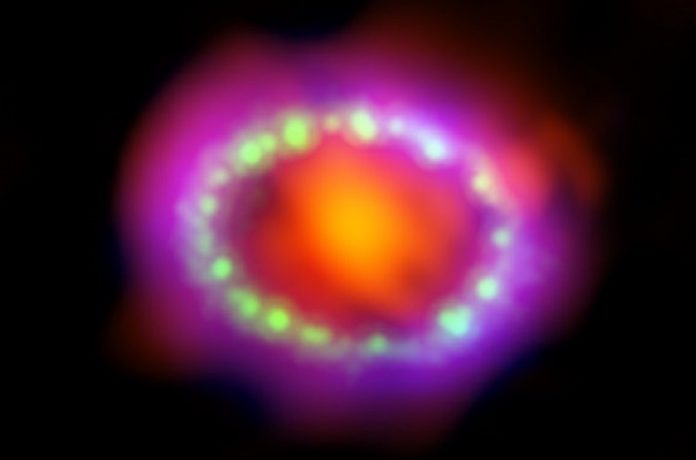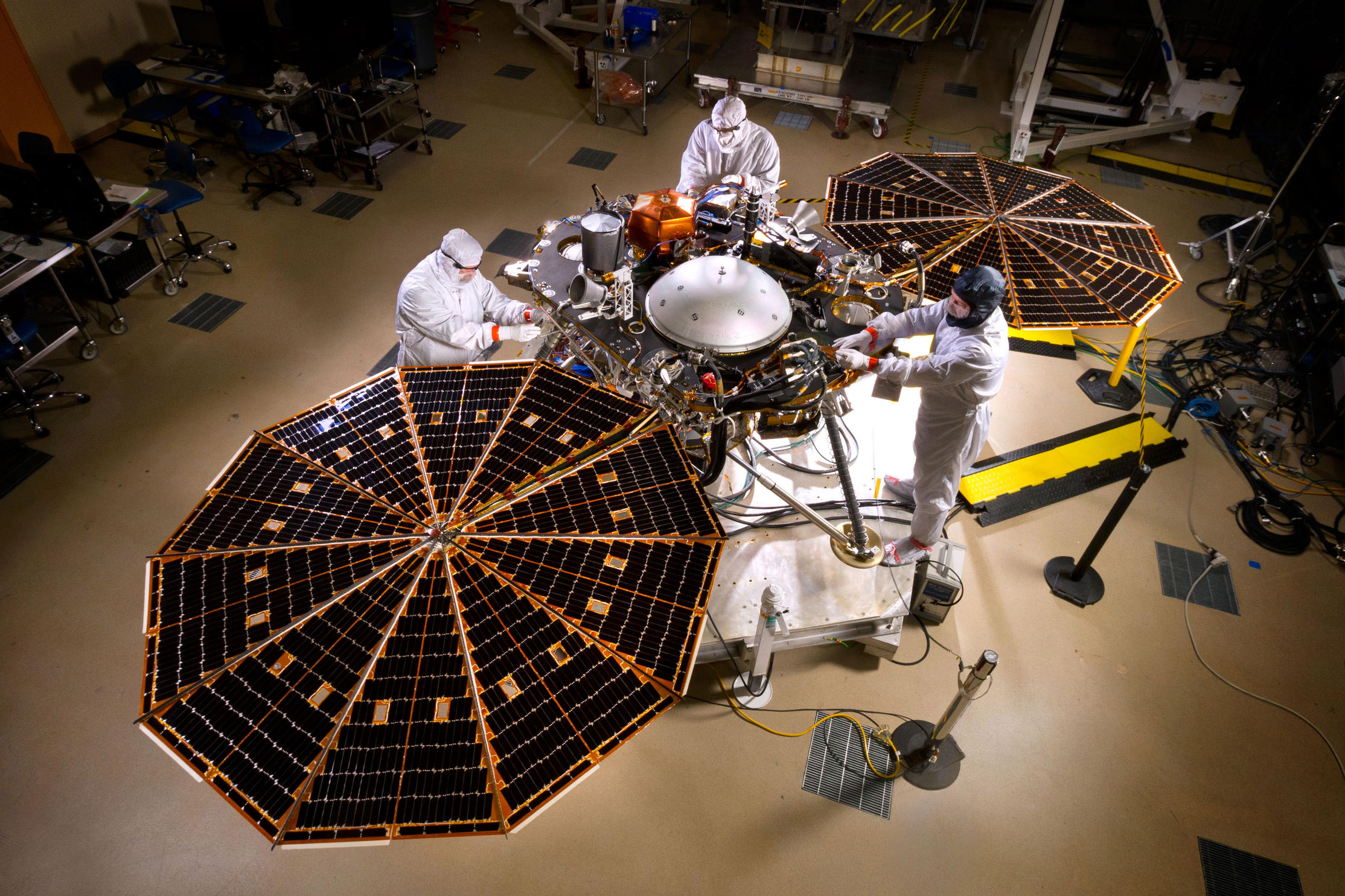This is our second episode in a two part series where we look at Transients in astronomy. In last week’s episode, we talked about things that change here in our own Solar System. Now we’ll talk about everything else in the Milky Way and beyond.


This is our second episode in a two part series where we look at Transients in astronomy. In last week’s episode, we talked about things that change here in our own Solar System. Now we’ll talk about everything else in the Milky Way and beyond.

Astronomers have found that sometimes the Universe changes. Things move, things explode, things get brighter or dimmer. In fact, knowing this has helped astronomers discover some very important aspects of the Universe. Today we begin a two part series on Transients and their role in astronomy.

As we send rovers and landers to other worlds, we have to think about the tiny microbial astronauts we’re sending along with us. In fact, NASA is so concerned about infecting other worlds that it has established the planetary protection protocols. Just to be safe.
How do you know what something is made of if you can’t reach out and touch it? How do we know what planets lights years away have in their atmosphere? What about the rocks all around Curiosity? Or the geysers coming out of Europa and Enceladus? Scientists have a few handy tricks.
We started out Astronomy Cast with the controversial decision to de-planet Pluto. And here we are, more than a decade later, at the brink of recording our 500th episode when another big decision is coming down from the IAU: whose name goes on the concept that our Universe is expanding: Hubble or Lemaître? It’s a big deal and Pamela knows all about it.
Astronomy Cast will be on hiatus for July and August. Don’t worry, we’ll be back in September, and will be gearing up for our 500th episode!
The Milky Way has gobbled up dozens of dwarf galaxies and added them to its structure. Today we’re going to look at the ongoing hunt for the wreckage of past mergers. And what we’ve discovered about dwarf galaxies in general.
Welcome to our last episode before our summer hiatus! Don’t worry, we’ll be back in September, and will be gearing up for our 500th episode!
Is it globular clusters or is it globular clusters? It doesn’t matter, they’re awesome and we’re here to update you on them.
Another update show, this time on the various generations of stars, let’s get into it.
Our knowledge of space is starting to match up with our ability to get out there an explore it. There are several companies working on missions and techniques to harvest minerals from asteroids. What other resources are out there that we can use?
Thanks to Cassini and other spacecraft, we’ve learned a tremendous amount about the icy worlds in the Solar System, from Jupiter’s Europa to Saturn’s Enceladus, to Pluto’s Charon. Geysers, food for bacteria, potential oceans under the ice and more. What new things have we learned about these places?
If there’s one place we’ve learned more about in the last 10 years, it’s Mars. Thanks to all those rovers, orbiters, landers which are flying overhead, crawling around the surface, and digging into the rich Martian regolith. What have we learned about Elon Musk’s future home?
Another topic with plenty of updates. Since we started Astronomy Cast we’ve visited many smaller objects in the Solar System up close, from Ceres and Vesta to Pluto, not to mention a comet. What have we learned?
Finally, a big update. Have there been news in the realm of exoplanets? More news that we can possibly cover. But we’ll try our best.
Time for another update, this time we’re going to look at what’s new with supernovae. And once again, we’ve got good news, lots of new stuff to report.
Another update episode, this time we look at what’s new and changed in the research of black holes. And it’s here that we find a lot of substantial new discoveries in the field, so much has been discovered since we first covered black holes a decade ago.
It’s one thing to get from Earth to space, but sometimes you want to do the opposite. You want to get into orbit or touch down gently on the surface of a planet and explore it. How do spacecraft stop? And what does that even mean when everything is orbiting?
Pamela will be on to answer your space and astronomy questions live, as Fraser enjoys auroras in Iceland this week!
On Christmas Day, 1968 Frank Borman, James Lovell and William Anders became the first human being to see the far side of the Moon. Their mission, of course, was Apollo 8, the first time human beings had ever left Earth orbit and seen the far side of the Moon. Today we talk all about Apollo 8, with special guest Paul Hildebrandt, director of a new documentary about the mission.
It’s been decades since humans set foot on the Moon. Well, it’s time to go back, in theory. Of course, we’ve heard this all before. What are the plans afoot to send humans back to the Moon this time. What hardware will we use, and what other strategies are in the works to make this happen?
Ep 475 fixed audio version – You know what’s fun? Mysteries. Here’s one: fast radio bursts. Astronomers have been detecting mysterious one-time signals from across the sky. What’s causing them? Nobody knows for sure, but the search is on to get to the bottom of them.
After they’ve been to space, many astronauts report that seeing the world from above has given them a totally new perspective on humanity and the state of our planet. It’s called the Overview Effect. Today we’ll talk about this, and what this perspective can teach us all.
We are asking for your input through a series of three surveys, each of which is targeting a specific aspect of CosmoQuest and what we do.
You know what’s fun? Mysteries. Here’s one: fast radio bursts. Astronomers have been detecting mysterious one-time signals from across the sky. What’s causing them? Nobody knows for sure, but the search is on to get to the bottom of them.
Phew, 2018, time to press the reset button and enjoy a whole new year of space exploration and space science. What’s coming up this year? What should we expect to launch, and what will we see in the sky?